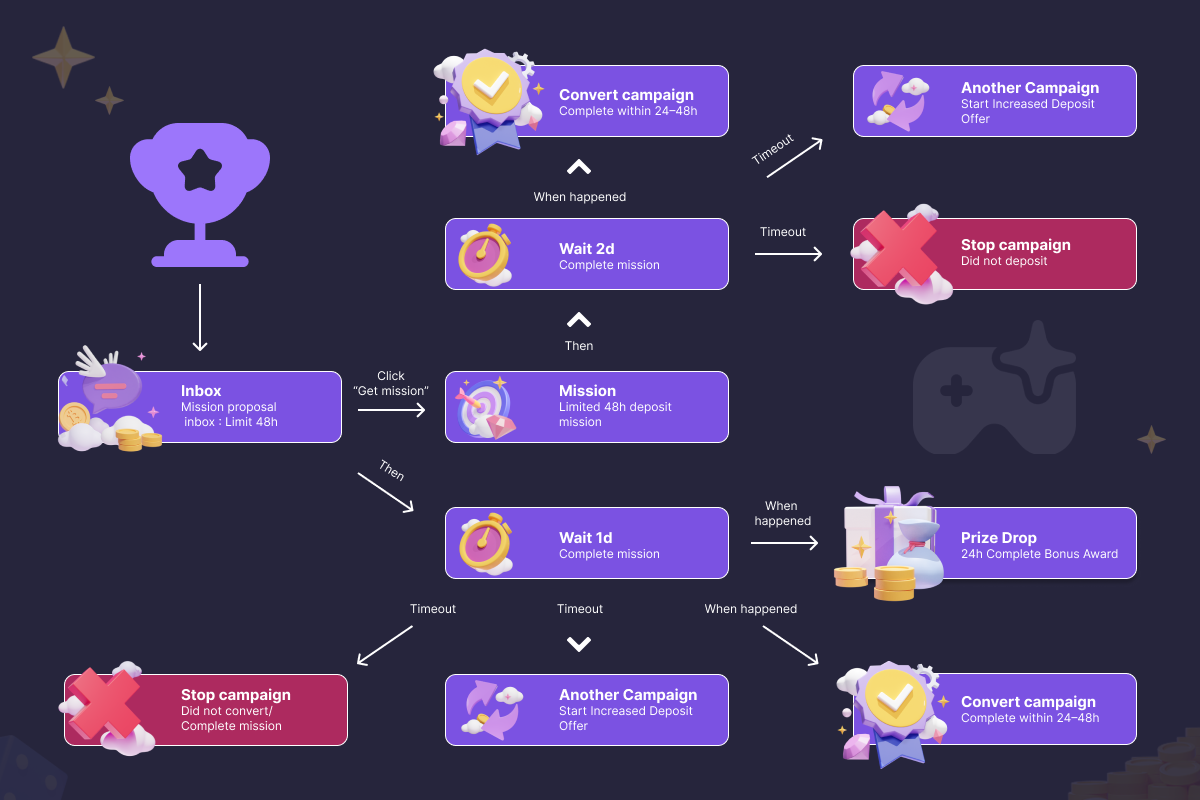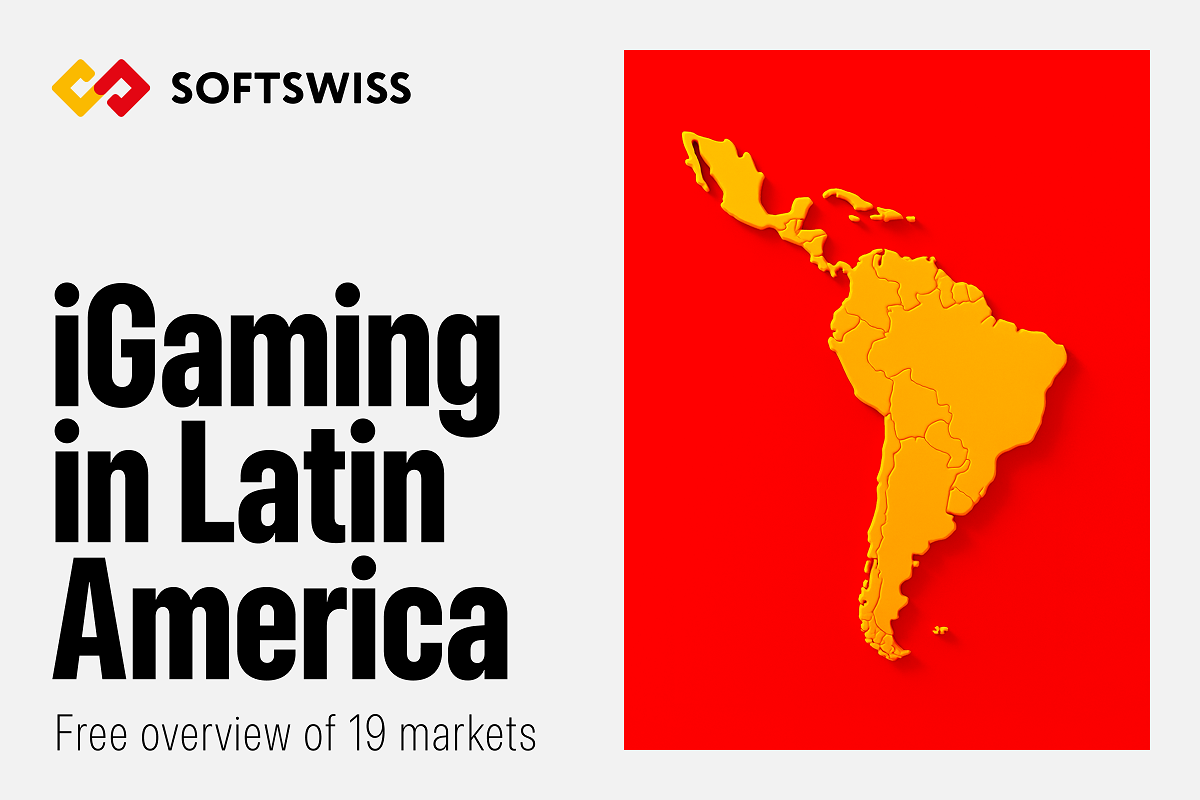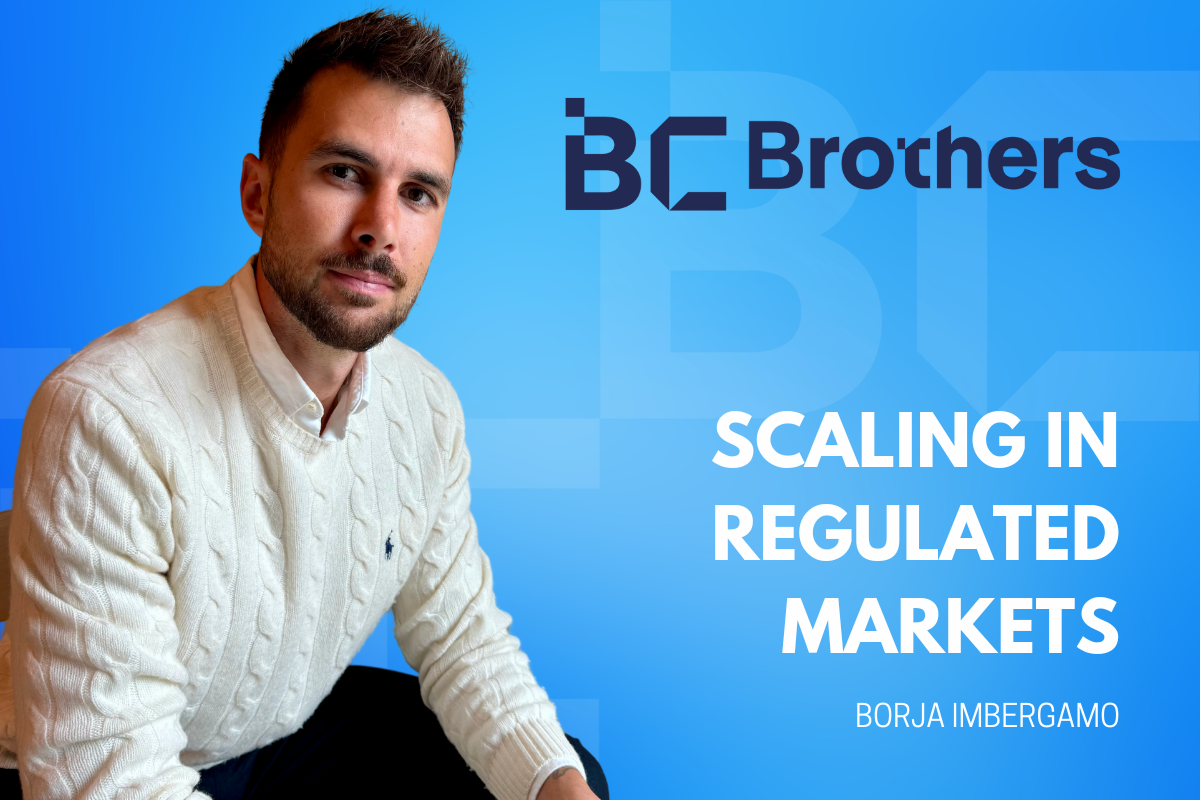Interviews
Parimatch advocates in-house approach to future-proof sports betting platforms
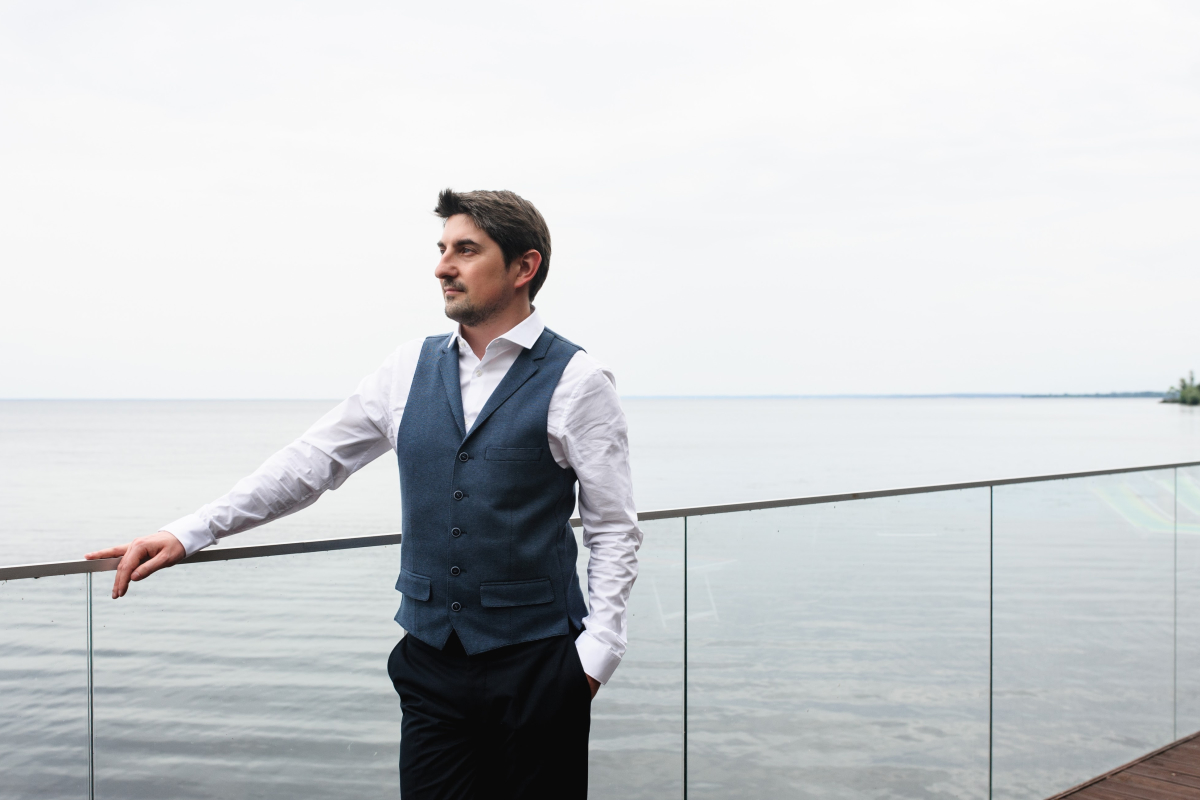
As the global sports betting industry continues to expand with seemingly unabated possibilities, Konstantin Obraztsov, CTO at the online gaming business Parimatch, explores the pros and cons of in-house vs. outsourced sports betting platforms.
If you were starting out now, would you choose to develop a sports betting platform or use an external product?
It depends on what you would like to achieve. If you want to be a regular company that catches up with the rest of the market; then buy some existing products to run your business and that will be fine. However, if you would like to be a leader, if you want an agile business that can evolve and leverage your own expertise; then you really need to develop your own platform to acquire a unique selling proposition.
Are you sceptical of external products and what hides behind those platforms with regards to data, customers, etc?
Using other platforms is usually a suitable model if you are in a race to get to market. From my point of view using a third party solution is most beneficial in areas where your company does not have the relevant expertise. As an example, using Google analytics to know your customer or an affiliate system to manage them is entirely fine for us. An important part of using third party solutions is data protection. Some of them keep user sensitive data in their cloud, which can be potentially dangerous for us, mostly we welcome using our own hosting for integrated solutions.
Sports betting’s continued growth means more and more companies are coming on board, what’s the key to ensuring new ideas are brought to the table without overcrowding the marketplace?
New ideas for products can fail to successfully make it to the market place if they are using a third party platform because they are not flexible enough to allow refinements. Development on the product will take longer and will cost more if you partner with a third party solution.
In terms of developing unique platforms or using externally managed products, which provides higher levels of security for players and operators?
With GDPR and other security and responsible gaming initiatives, B2B developed solutions are certainly preferential than spending time developing it internally. These products are developed to ensure our platform comply to industry standards and regulation. It allows us to focus on more customer facing and experiential elements of our betting platform.
Moreover, in terms of responsible gambling, is there more scope for compliance with fewer platforms in the sector?
Responsible gaming and GDPR is an important but basic functionality that is currently offered by almost all B2B solution. It is essential to pay attention to the details, such as which market the platform is designed for, how they make sure data is appropriately protected and, very importantly, what changes we need to make it integrate it into our platform.
How do you see the platforms developing over the next few years, following on from the opening of the US market and in other regions globally, and where do you see the next big growth trend in sports betting?
I envisage many B2B platforms will be focusing on jumping into the US market as soon as possible, with new clients or old. I think in the next few years, platforms will be more focused on developing new user features, and, as new regulated markets appear support customers as fast as possible to be “the first” to launch them. In terms of trends in sports betting for us, it is all about the growth of eSports. We are seeing an exponential rise in interest in betting on eSports. Also, we can see trends where some new casino games are combined with RPG stories, for example; the Jade game series.
Do you feel using external platforms are mainly targeting the “low hanging fruit” customer segments within Sports Betting and if so, what can be done to broaden the scope?
I don’t think external platforms will help you become a market leader or give any unique advantages for customers unless you customize your trading feed or have an aggressive marketing plan. To extend our customer proposition, one needs to mix using b2b platform features and their own developed application programming interface (API) to create a unique proposition. There are always a lot of things that can be improved, such as adding personal achievements systems, per customer configurations, personal promotions etc.
Your company offers bets on more than 20 sports, 200 leagues, and 600 sporting events every day: what’s your advice to sports betting companies starting out at this point?
For a start, I suggest making solid foundation – a platform baseline. You need to think far into the future from the starting point to handle increasingly high-levels of traffic and new customers. When choosing your platform, choose wisely and choose a baseline with open API and functional migration capabilities – otherwise if the suit does not fit you in few years you will need to upgrade to a new outfit. For R&D, I think the maximum a viable platform solution can remain competitive is three to six years. Afterwards it’s hard to stay in touch with the latest technologies, and most likely you will need either to dramatically refactor your solution or move to a new technologically advanced one.
-

 Asia6 days ago
Asia6 days agoTesla to showcase Model Y with NODWIN Gaming at the thrilling BGMS Season 4 Grand Finals
-

 Compliance Updates6 days ago
Compliance Updates6 days agoSOFTSWISS Compliance Expert Shares Knowledge on AML in iGaming for Sumsub Academy
-

 Africa6 days ago
Africa6 days agoRacing1 is exhibiting for the first time at the Grand Prix D’Afrique
-

 Latest News6 days ago
Latest News6 days agoÅland-Based Gaming Company Paf Becomes Main Partner of the Finnish Ski Association – One of the Most Significant Sponsorship Agreements in the Association’s History
-

 Latest News6 days ago
Latest News6 days agoAnimo Studios debuts virtual hosts for live table games starting with Stake
-
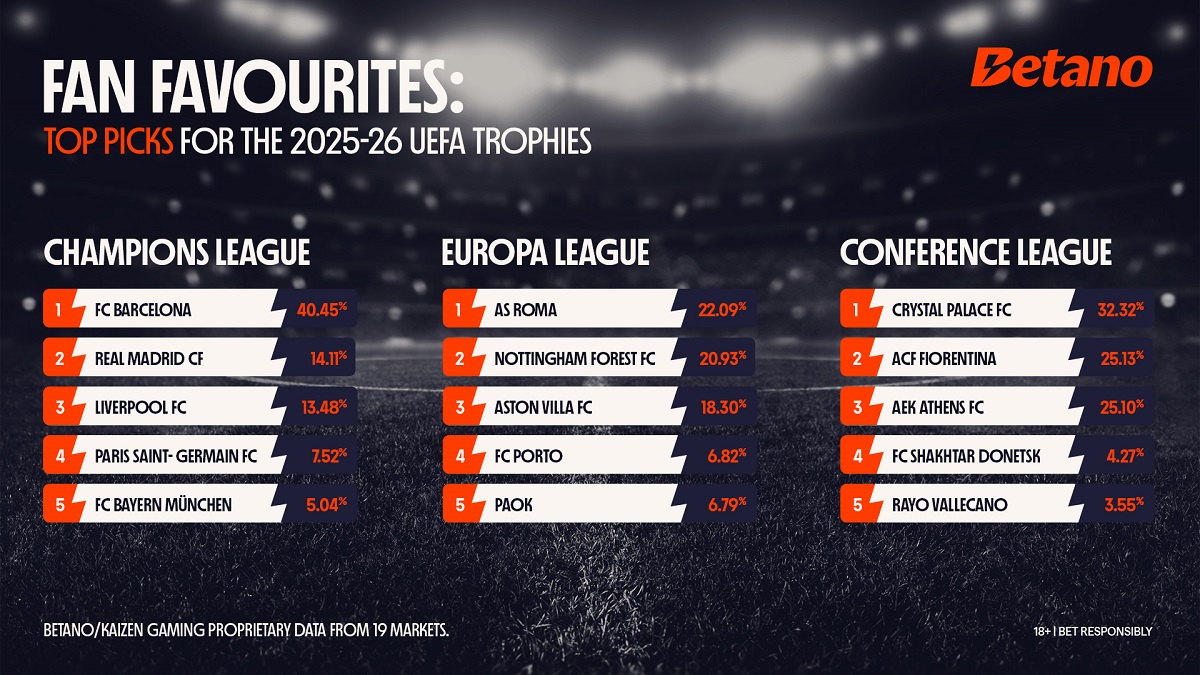
 Latest News6 days ago
Latest News6 days agoKaizen Gaming data – FC Barcelona the fan favourite to win the Champions League
-

 Latest News6 days ago
Latest News6 days agoWeek 37/2025 slot games releases
-

 Latest News6 days ago
Latest News6 days agoBehind the surge in XRP, DL Mining brings new opportunities to get 0.1BTC or 2ETH with your XRP









